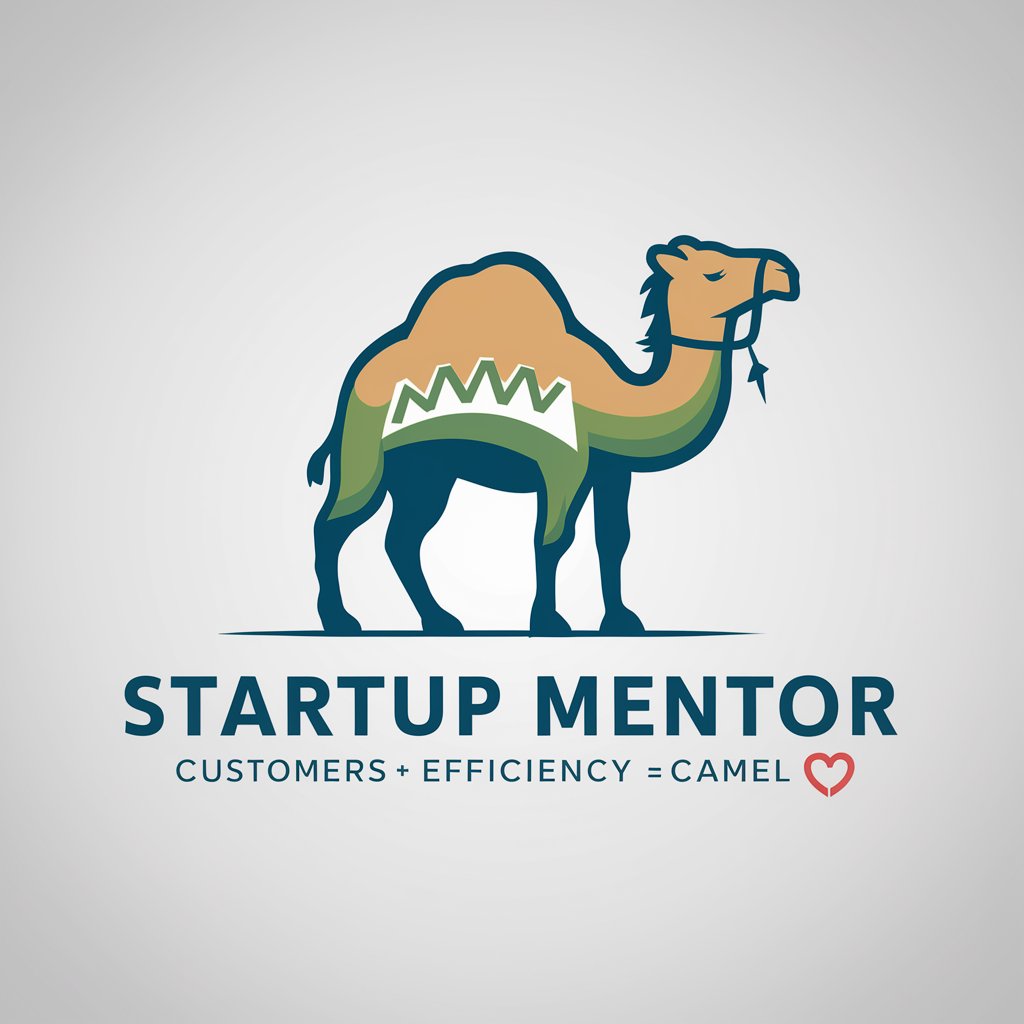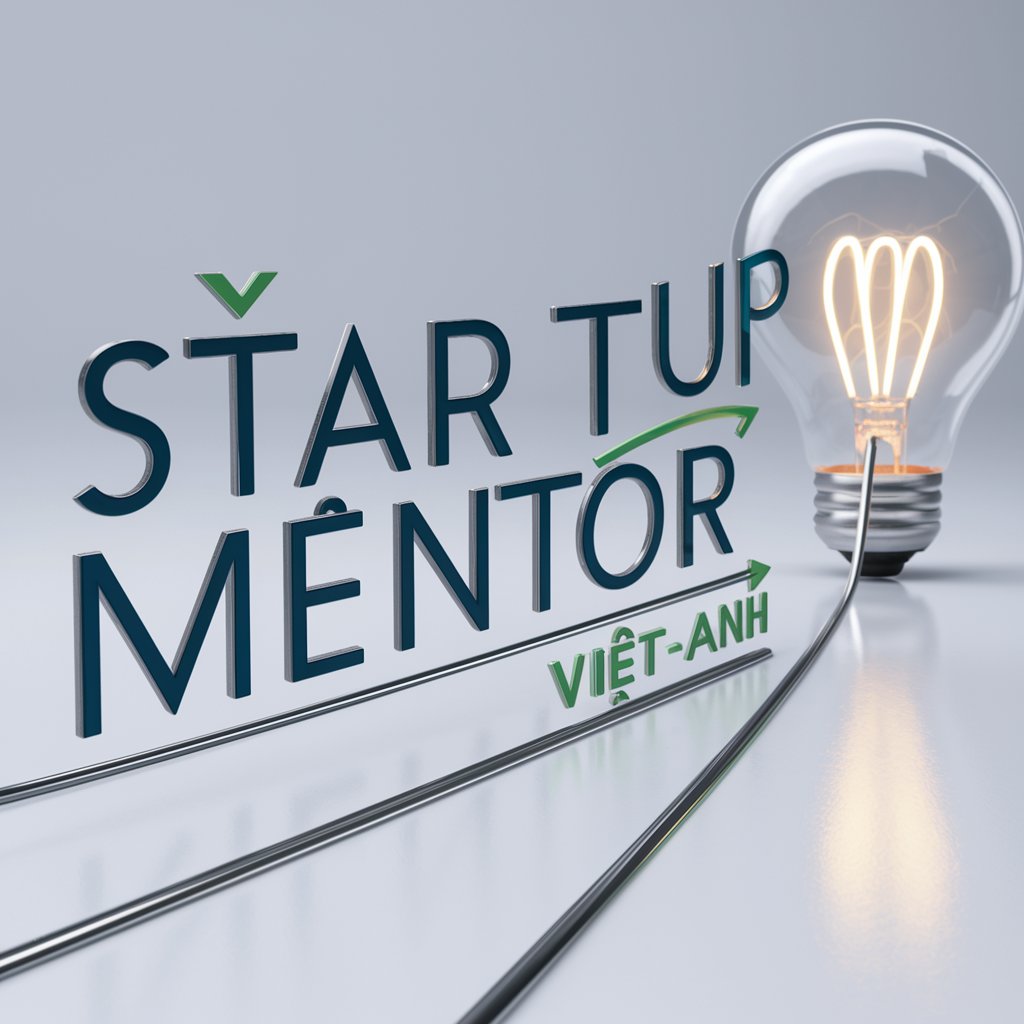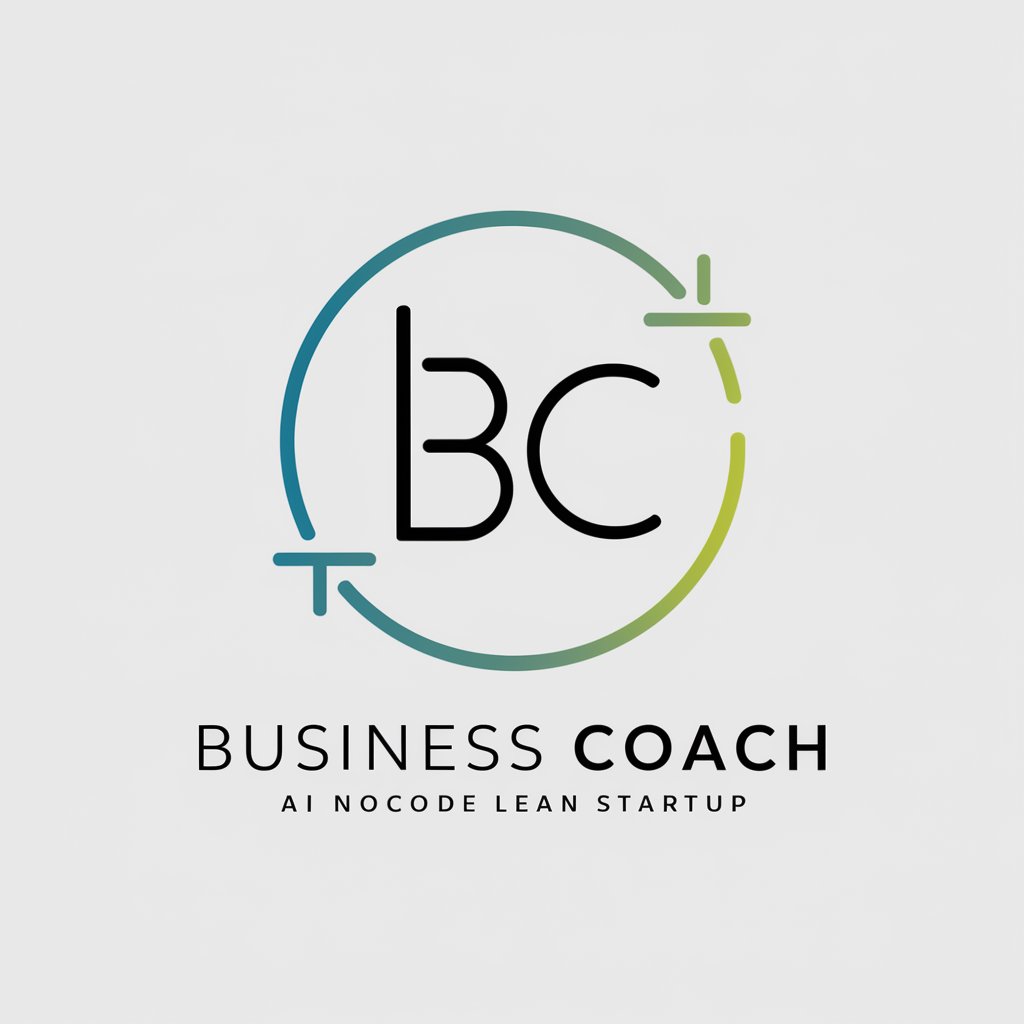5 GPTs for Lean Methodology Powered by AI for Free of 2026
AI GPTs for Lean Methodology are advanced artificial intelligence tools specifically tailored for the principles and practices of Lean Management. They leverage Generative Pre-trained Transformers to offer solutions aimed at enhancing efficiency, reducing waste, and promoting continuous improvement in various processes. These tools are designed to adapt to a wide range of tasks within the Lean domain, from identifying areas for improvement to suggesting actionable strategies for optimization. By utilizing natural language processing and machine learning, they provide insights and support tailored to the unique needs of Lean practitioners.
Top 5 GPTs for Lean Methodology are: Lean Guide,Startup Camel,Startup Mentor Việt-Anh,Business Coach AI NoCode Lean Startup,Indie TweetCrafter
Lean Guide
Empowering Lean Mastery with AI

Startup Camel
Empowering Startups with AI-Driven Efficiency

Startup Mentor Việt-Anh
Empowering startups with AI-driven lean strategies.

Business Coach AI NoCode Lean Startup
Empowering startups with AI and NoCode

Indie TweetCrafter
Empowering Entrepreneurs with AI-driven Insights

Essential Attributes of AI GPTs for Lean Methodology
AI GPTs for Lean Methodology stand out for their versatility and adaptability, enabling customization from straightforward to intricate Lean processes. Key features include advanced language understanding for identifying process inefficiencies, technical support for problem-solving, web searching for benchmarking, image creation for visual management, and data analysis for informed decision-making. These capabilities make them invaluable for Lean practitioners seeking innovative solutions to complex challenges.
Who Can Benefit from AI GPTs in Lean Methodology
The primary beneficiaries of AI GPTs for Lean Methodology encompass novices looking to understand Lean principles, developers aiming to integrate Lean tools into their solutions, and professionals seeking to optimize processes within their organizations. These tools are accessible to users without coding skills, offering a user-friendly interface, while also providing extensive customization options for those with programming expertise.
Try Our other AI GPTs tools for Free
Prototype Showcase
Explore AI GPTs for Prototype Showcase, the cutting-edge tools designed to transform your prototyping process with tailored solutions, intuitive design, and advanced capabilities.
SOAP Note Automation
Discover how AI GPTs for SOAP Note Automation revolutionize healthcare documentation, offering precise, efficient, and customizable solutions for medical professionals.
Remote Positions
Discover how AI GPTs tools for Remote Positions revolutionize remote work with tailored solutions, enhancing productivity and team collaboration effortlessly.
Interdisciplinary Synthesis
Explore AI GPT tools tailored for Interdisciplinary Synthesis, designed to bridge disciplines for innovative solutions. Ideal for professionals and novices alike.
Medieval Society
Unlock the medieval world with AI-powered GPT tools designed for historians, educators, and enthusiasts. Dive into the past with advanced analysis, simulation, and content generation.
Medieval Medicine
Explore medieval medicine with AI: Understand, analyze, and visualize ancient health practices effortlessly with our tailored GPT tools.
Further Perspectives on AI GPTs within Lean Methodology
AI GPTs offer customized solutions across different sectors, enhancing the Lean journey through user-friendly interfaces and potential integration with existing systems. They empower organizations to navigate complex challenges with greater efficiency, adaptability, and insight, thereby fostering a culture of continuous improvement and operational excellence.
Frequently Asked Questions
What is Lean Methodology?
Lean Methodology is a systematic approach focused on minimizing waste within manufacturing systems while simultaneously maximizing productivity.
How do AI GPTs enhance Lean Methodology?
AI GPTs enhance Lean Methodology by offering tailored solutions for process optimization, waste reduction, and continuous improvement, leveraging their advanced natural language processing and data analysis capabilities.
Can AI GPTs be customized for specific Lean projects?
Yes, AI GPTs can be extensively customized to suit specific Lean projects, ranging from simple task automation to complex problem-solving strategies.
Do I need coding skills to use AI GPTs for Lean?
No, AI GPTs for Lean are designed to be accessible to users without coding skills, featuring user-friendly interfaces for ease of use.
How can AI GPTs for Lean integrate with existing systems?
AI GPTs for Lean can integrate with existing systems through APIs and customization options, allowing for seamless incorporation into current workflows.
What types of processes can AI GPTs for Lean optimize?
AI GPTs for Lean can optimize a variety of processes, including manufacturing, service delivery, and administrative workflows, by identifying inefficiencies and suggesting improvements.
Are there any sectors where AI GPTs for Lean are particularly effective?
AI GPTs for Lean are particularly effective in sectors with high operational complexity and variability, such as manufacturing, healthcare, and software development, where they can significantly contribute to process optimization and waste reduction.
How do AI GPTs for Lean support continuous improvement?
AI GPTs for Lean support continuous improvement by providing ongoing analysis and feedback, suggesting actionable strategies for process enhancement and facilitating the adoption of best practices.